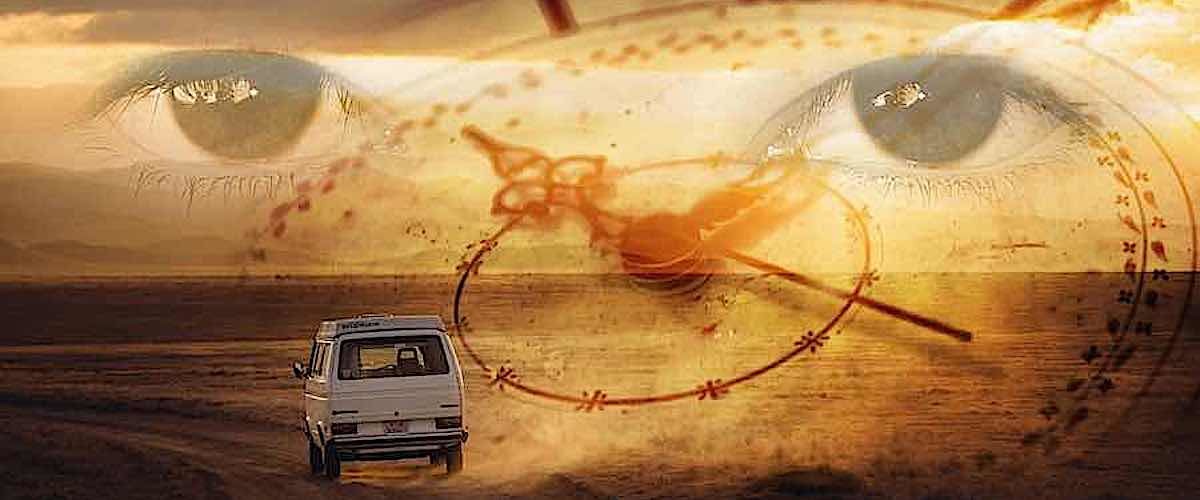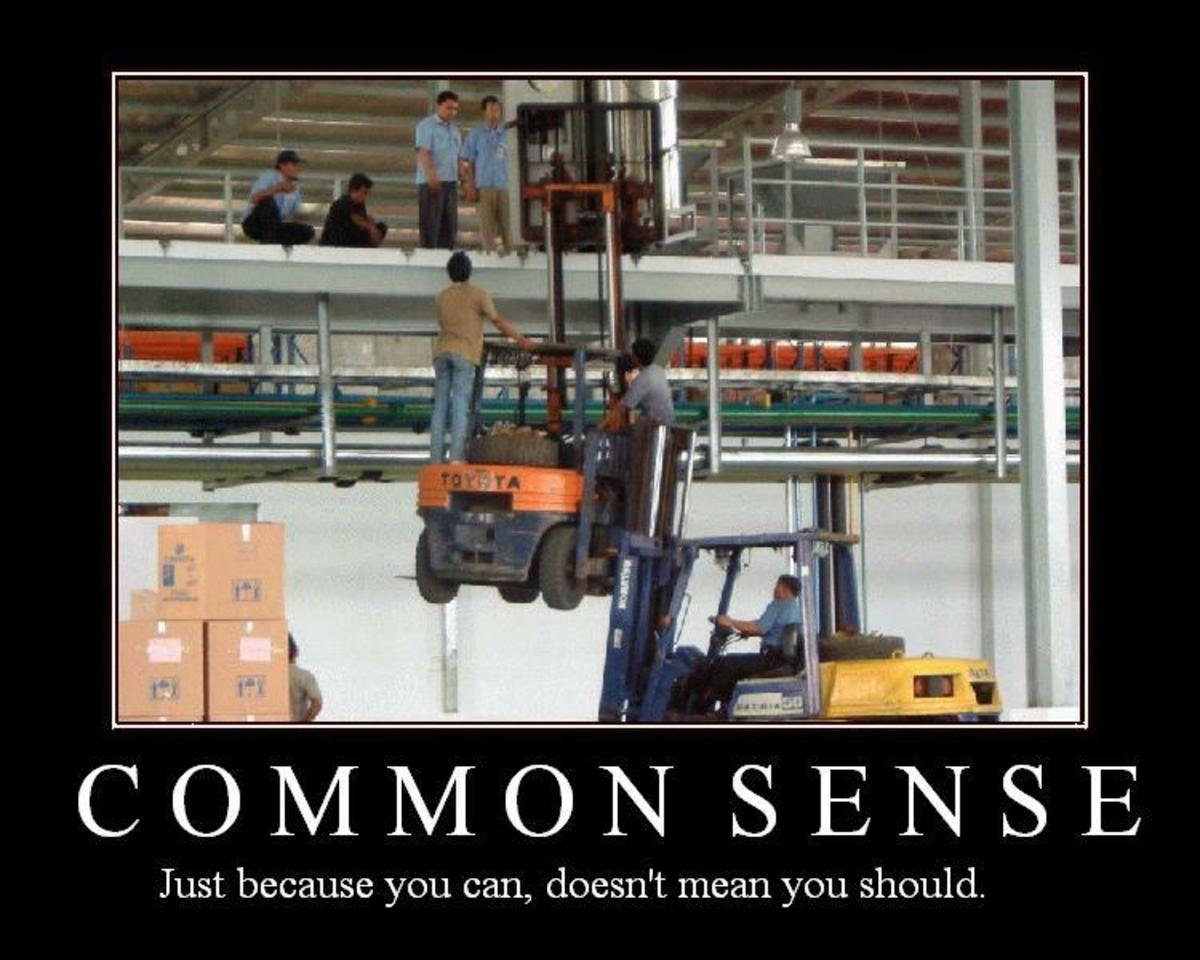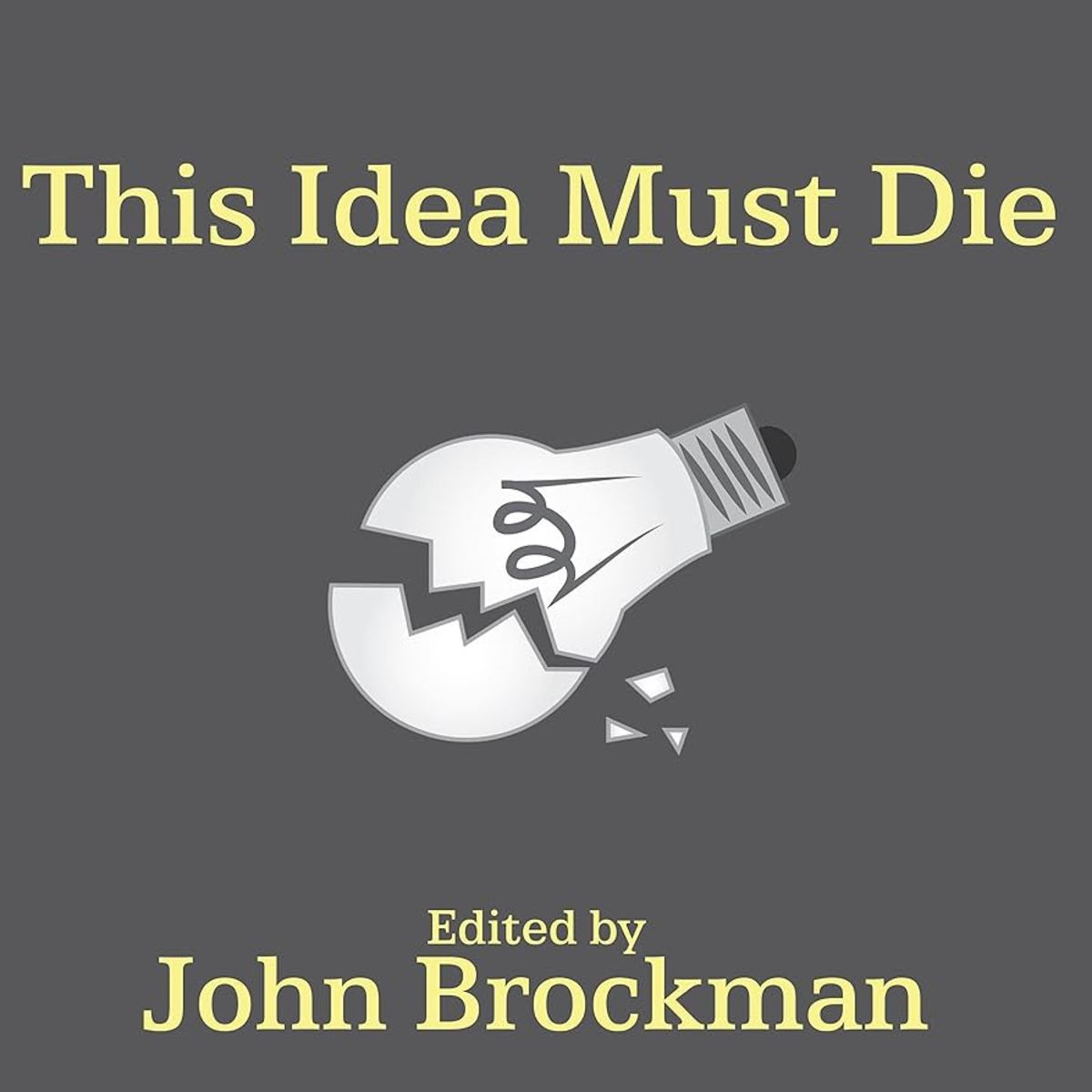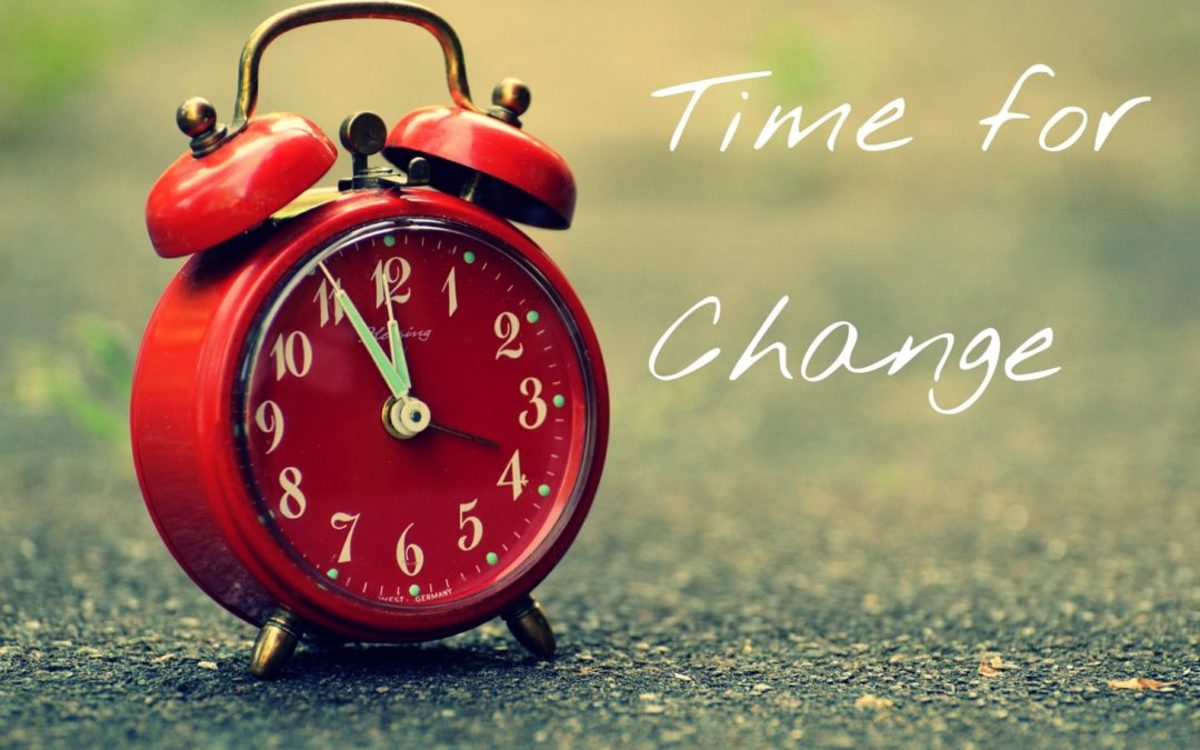The Nature of Change, Part 1
Preface
This begins a series of reflections that I wrote in 2007-2008.
Prelude
As truth is gathered, I rearrange,
Inside out, outside in, inside out, outside in,
Perpetual change…
-From “Perpetual Change” by Jon Anderson and Chris Squire
Inside-out
Today is the seventh day.
One week since my last drink.
Will I have one (and if one, likely several) tonight?
I hope not.
I’ve had more than plenty for one lifetime. Thirty-two years worth—an interval twice as long as my pre-drinking life.
The problem is that it saps my energy. It didn’t used to, at least not so much. But it does now. And these days I need all the energy I can get. I’m on the downhill slope of life, and need to put on the brakes. I’ve come face to face with the law of Diminishing Returns.
It’s not so easy though, overcoming addiction. It’s extra work, an extra expenditure of energy. So, at least for the transition, there’s a catch-22: I need to spend extra energy so that in the long run I might have more energy to do the things that I want to do.
Another hurdle is that I really, really like the feeling that I get from alcohol. I might even go so far as to say that alcohol has been very good to me. It gives me great joy, for brief periods. It opens me up in places that I am wont to be closed. It helps me relax enough to be comfortable with others. It warms me. I am loath to lose that.
But it overpowers me, and there’s the rub. Once I get going, I lose the will to stop. And the next day there is hell to pay: the alcoholic’s lament.
So I will try and get through today, the seventh day, and hope that tomorrow is the eighth. I feel strong now, but I expect that in a few hours I will cycle around, when that part of me that is in love with drinking comes to the surface, whispering in my ear that it’s okay, I can control it, just a couple of beers won’t be a problem. I’ve listened to that voice so many times—more than I can count—but I have not been able to control it. So, I think it’s time for a change. We’ll see how it goes.
Outside-in
“Change” has become quite the political buzzword. Apparently things are going to change after the next election. And I suppose they will no matter who gets elected. Perpetual change is the one unchanging fact of life. But there is also some truth to the aphorism ‘the more things change, the more they stay the same’. Many things do stay the same, at least for a while. But in the end we are mortal. Nothing lasts forever, and most of us find that to be seriously vexatious.
It seems to me that one reason change can be so annoying is that we humans fear the unknown, which creates in us a need to feel in control. We want things to be predictable, to know that if we do this , then that will happen. Change is okay, but only if it happens along a course that we design. And many of our designs lead to predictable outcomes. We’re pretty good engineers. But death, the ultimate unknown, is an unavoidable change that remains refractory to our engineering. And before death, many things do not comply with our expectations. Despite our best laid plans, shit happens. And sometimes the shit hits the fan.
I expect that the pile that has been building up in our backyard for some time now will be hitting the fan over the next few years. We’re in for some big-time change, and most of us are nowhere near prepared. It is one of those ‘things will get worse before they get better’ scenarios, and it’s already getting ugly.
Although I am not at all happy with the state of affairs, I take some grim satisfaction from having gained insight into the nature of change. Understanding biological change has been my life’s quest, ever since I became fascinated as a young boy with the (quite obvious) fact of evolution. Stories of dinosaurs and of other planets resonated with a deep desire to know my place in the vastness of space and time, how I came to be.
The Old Testament mythology I listened to in Sunday school didn’t cut it. Although I recognized that those stories held kernels of truth, for the most part they didn’t speak to that part of me that sought to understand the nature of life. For one thing, a literal interpretation of Genesis didn’t fit with the observable facts. For another, the mythology was such an obvious attempt at social control—scary stories to keep the kids in line. The New Testament stories resonated more deeply, but not in the mind-controlling way that my teachers intended. After distilling away all the superstition and psycho-cultural machinations of social control that have developed over the past two millennia, the message of Jesus appears to me clear and simple: Love one another. It is a message that John Lennon set to music: Love is the answer ...; All you need is love. In other words, God is Love. It is a deeply humanistic message, and sublimely difficult to follow; oft repeated, but seldom heard. It seems that people don’t want to hear it—is it coincidence that so many of the messengers have been killed?
Unlike religion, science did speak to me. So I became a scientist. Only to find, after years of labor, that the scientific enterprise is nearly as full of shit as is the religious one. The industrialization of biomedical and agricultural science in particular is yet another ill-conceived attempt at control, in this case control of nature. Where has that gotten us? Admittedly modern civilization has begotten many wonders and benefits, but at the expense of digging us more deeply into the afore-mentioned pile. But at least the scientific method involves empirical verification, is inherently skeptical and ultimately self-correcting, and when wielded by philosophers it can be an effective method for gathering truth. The scientific approach to life, leavened with a healthy dose of the liberal arts, has taught me a lot.
It seems to me that there are two opposing ways of looking at the world:
One way holds that everything that has happened and will ever happen is predetermined, set down in a plan like the script of a grand play. By this way of thinking, everything has a purpose in the universal scheme (or said another way, we are all cogs in the universal wheel). An inescapable conclusion of this view is that free will is an illusion; for, if whatever will happen has already been determined, then how can we have any real choice in the matter? This worldview is the ultimate conspiracy theory, and the Grand Conspirator is usually referred to (in Western Judeo-Christian culture) as God.
The other way of thinking holds that there is no plan, and everything that happens is random. This leads to the inescapable conclusion that nothing has a purpose. While this point of view may appear to allow for free will, in the face of overwhelming randomness any choice we make amounts to a futile exercise; and hence free will from this perspective is also, in essence, an illusion.
As with all dialectical arguments, these opposing viewpoints provide limits defining the spectrum of reality. They are a thesis and antithesis seeking a synthesis. A key to unlocking the synthesis lies in contingency: the fact that one thing often leads, sometimes inexorably, to another, which is the basis of logic and hence rationality and predictability. Because of contingency, free will is in fact real, and can be used to bring about change. However, the change it is capable of producing is constrained by choices that were made previously, and by the cycles of mutually-reinforcing interactions that grow out of these choices. To the extent that this is so, but only to that extent, fate is predetermined.
So, while there does appear to be irreducible uncertainty in the universe (thank god—how boring would it be otherwise), there is also a measure of predictability. It’s what made us the engineers that we are. What is the basis of that predictability?
‘The laws of physics’, you might say.
To which I would reply, ‘from whence come the laws of physics?’
From whence comes anything?
As far as I can tell, everything that exists—you, me, our society, our civilization, humanity, life, the solar system, the universe—developed into existence. It seems reasonable then to posit that the laws of physics came to be as a consequence of the universe’s early development.
But isn’t that bass-ackwards, putting the cart before the horse? Don’t the laws of physics govern everything, including the universe’s development? Aren’t they one thing that we can count on, eternal, immutable, unchanging—the decree of God?
They certainly seem to be at the present time. But that is only because the universe is mature. The laws of physics are a manifestation of that maturity. They are a deeply-entrenched habit, an addiction as it were. Cosmologists tell us that there was a time, when the universe was still immature, when many of the modern laws of physics didn’t yet exist, and the possibility remained that things could have turned out quite differently than they eventually did. It’s like that for everything.
But I suppose I am getting ahead of myself, giving up the punchline before having developed the story. And in any case, the laws of physics are certainly a major basis for predictability in our universe. Engineers have put them to fair use ‘intelligently’ designing the accoutrements of modern civilization. At least, the laws most of us are cognizant of—like the ones formulated by Newton: inertia, acceleration, action-reaction....
Then there are the laws of thermodynamics, which deal with the flow of energy, which is, after all, what makes things happen. Nothing happens without energy flow. Without flow, there would be no change.
Here we come to the crux of the matter.
Despite its all-importance, energy is still generally taken for granted. It is as if it were not limiting.
Well, perhaps it isn’t so much for systems that have only begun to develop. When you are immature, there is plenty of energy, so taking it for granted is no big deal. But another law of physics eventually rears its ugly head, putting on the squeeze. Usually referred to as the ‘second law of thermodynamics’, I prefer to think of it as the One Law: like Sauron’s Ring of Mordor, it is the One that rules them all. It says that energy can flow in only one direction, downhill, from usefulness to uselessness. It is the reason that time goes in only one direction, forward. To be sure, the so-called ‘first law of thermodynamics’ says that existing energy can’t be destroyed; but by the stricture of the One Law, using it transforms it into something less useful, converting it to waste, which physicists measure as an increase in ‘entropy’. Food becomes shit. So, in a closed system energy resources eventually become limiting.
Take for example the use of fossil fuels. They are non-renewable, so any system that depends on their use is ultimately a closed system. Their use produces a useless waste byproduct, greenhouse gas. And they are running out fast.
What happens to a system that is faced with limiting energy resources?
It develops, to a limit; then it gets old and dies.
Systems develop because some processes work together as part of a larger process that recycles energy, increasing the efficiency of its usage: an autocatalytic cycle. In an autocatalytic cycle one man’s waste becomes another man’s treasure. As in ecosystems, where the sun-fueled growth of plants feeds herbivores, which feed carnivores, both of which die and feed worms, whose shit feeds plants, completing the cycle. Our economy is another example of an autocatalytic cycle, where energy (in the form of money) similarly circulates through a network of producers and consumers. But unlike most ecosystems, whose primary energy source is sunshine, our economy is fueled primarily by fossil fuels: sunshine collected and stored over millions of years by ecosystems that lived hundreds of millions of years ago. Unlike sunshine, the energy that fuels our economy is being burned a hell of a lot faster than it was made, and increasing entropy at an alarming rate. The global climate is rapidly changing.
Autocatalytic cycles do two things: initially, when energy resources are abundant, they increase the overall rate of energy consumption, causing a system to grow. At this early stage of development, processes that make minimal contributions to the cycle still benefit from the growth that it engenders, giving the system many degrees of freedom. Later however, as resources become limiting, the cycle affords its major contributors a competitive advantage over processes that contribute less effectively, leading to the marginalization or extinction of the latter (traditional family farmers come to mind). Efficiency increases, diversity decreases. The result is development: everything gets more organized, more certain. More predictable. But, eventually, also more complicated, as development creates new opportunities that engender new developmental sub- trajectories. Decreases in the initial unorganized diversity are thus accompanied by an increase in organizational complexity. But only temporarily, and only up the limit of senescence: the more highly developed (i.e., the more ‘top-heavy’) a system is the less capacity it has to adapt to its ever-changing environment. Adaptation requires innovation, and innovation is by definition unpredictable. But adaptation is necessary for survival in an ever-changing world. Failure to adapt is lethal.
So there we have it. Paradoxically, the One Law drives development of systems, within which organization and efficiency increase at the expense of diversity, creating a measure of predictability amidst a net increase in uncertainty. By developing, we gain a modicum of control. But at a cost: we eventually lose our capacity to adapt to an ever-changing environment that our development has helped create, an environment that is eventually rendered less predictable as a result of the entropy that we have produced along the way. So, ironically, development predictably leads to its own end. There is no such thing as “sustainable development”; the phrase is oxymoronic. Economic collapse, like death, is inevitable. Nevertheless, something new will always arise from the ashes. Unfortunately, we can’t predict what that will be. We can only sew some seeds, and hope that whatever emerges on the other side will retain some humanity.








